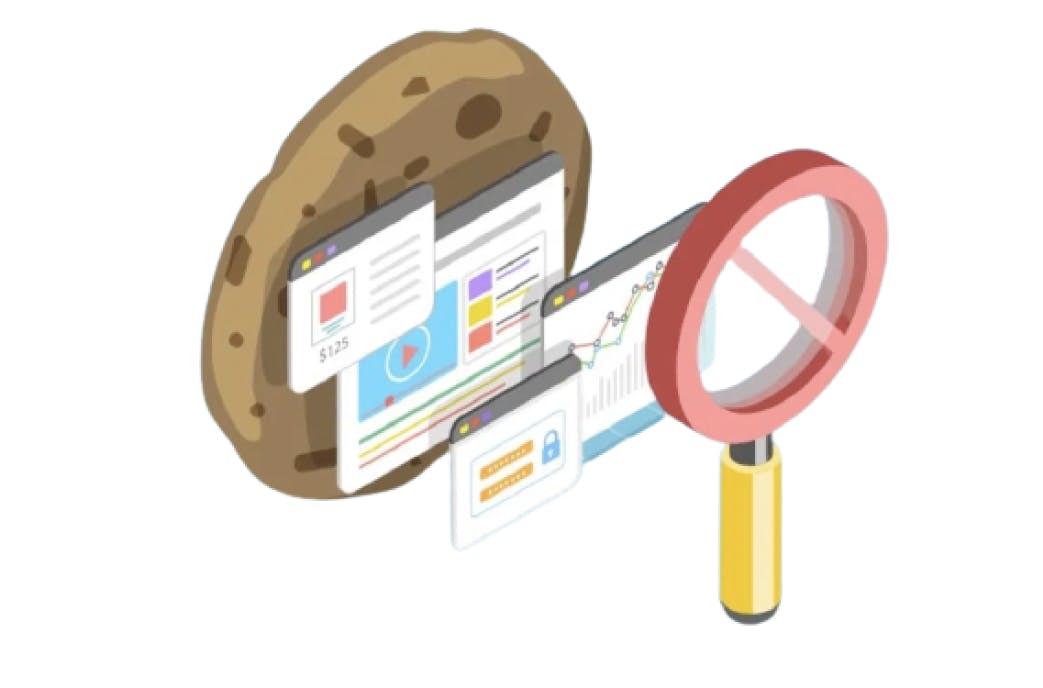How to prepare your digital project for the new Marketing 2022?
It is well known that in 2022 Chrome will block third party cookies something that Safari and Firefox already have made. This has all the advertisers who come in check performing practices that until 2021 gave the best results.
First for those who do not know. What are third-party cookies? They are a file that is downloaded to your computer when you browse sites web, but they come from a different domain than the one you are on. For instance if you visited a hotel page you could receive cookies from Facebook, Google and other sites. And start seeing ads from this page.
What does it mean for online advertisers? They will no longer be able to track of users as they have done. They will have to implement new ways of collect data. But what does this mean. What is going to happen to the advertising companies like Google and Facebook? What is the plan to minimize What impact will this have on the way you advertise today?
What steps are the big guys taking in the industry?
Facebook to date (May 2021) has used third-party cookies with which called "Facebook Pixel" that allows you to track different events that the user does on your website. For example visits, products seen, added to the cart and purchases made. The pixel will stop being used in 2022. Facebook has a plan to continue collecting information from the users. Which would be to install what the conversion API calls. This is a tool that allows you to share key web and offline events, or actions of the clients, between your server and Facebook's. Today you can now install the tool and collect information. Of that This way you will anticipate what will be the death of the Facebook Pixel. AND do not wait for this event to occur to take action.
Google for its part is also preparing for this change and refuses to lose the greatness of your advertising earnings. That is why Chrome introduce Privacy Sandbox; a concept which employs a set of standards to remove third-party cookies and replace it with an alternative of viable primary privacy. It has also announced an alternative for data collection called FLoC (Federated Cohort Learning) which is an algorithm that allows the user to hide in a crowd. What it will do is that you will see users as part of a grouping and not as individuals. Which will allow to continue generating profiles with their different behaviors without use third party cookies. The first tests of Google indicate that its effectiveness is 95% compared to the advertising that has been done.
On the other hand, it has also announced an alternative to what we know today as remarketing called FLEDGE. It is something similar to what Facebook is doing to install an API in your server that allows to continue collecting user data. It is estimated that it will be available at the end of the year.
Our recommendations
With the aforementioned information we come to the main question of the article How to prepare your digital project for the new Marketing of 2022?
The answer that I am going to give you has two alternatives. One is to be aware from the news Facebook and Google and implement the tools they propose to continue advertising our products very similar to how it has been done. The other is to bet on a vision more to long-term and look for creative ways to collect first-hand user data for us to be owners of that information. Bet on a direct relationship with him customer. Have a more centralized view of the user. Create digital projects good enough to generate positive habits in people and to depend less of advertising budgets.
Apparently companies like Facebook and Google have not learned the lesson of 20 years third-party cookies. User privacy is something to be followed for fighting and defending. People deserve it. What they are doing is very similar to what they were doing. And we believe that in some future these new tools they can also be eliminated. That is why we recommend you use them as much that you can. But that you are profiling your product to something that depends less on the advertising of these two giants. The one who takes the initiative today will be the one in the Future will have an advantage under this new paradigm.
